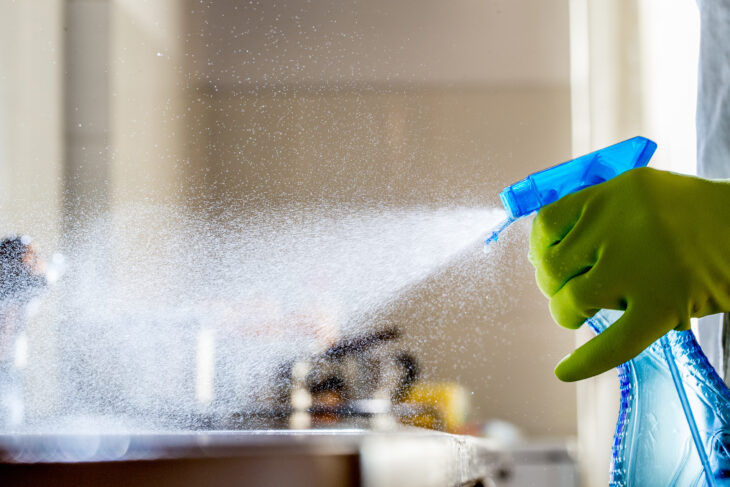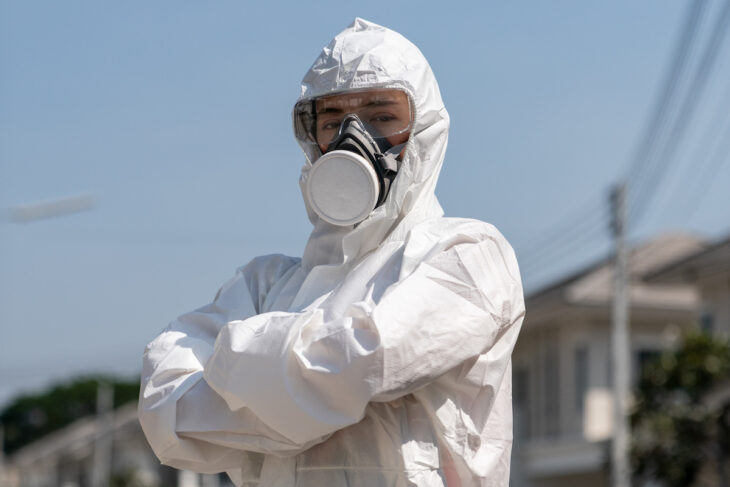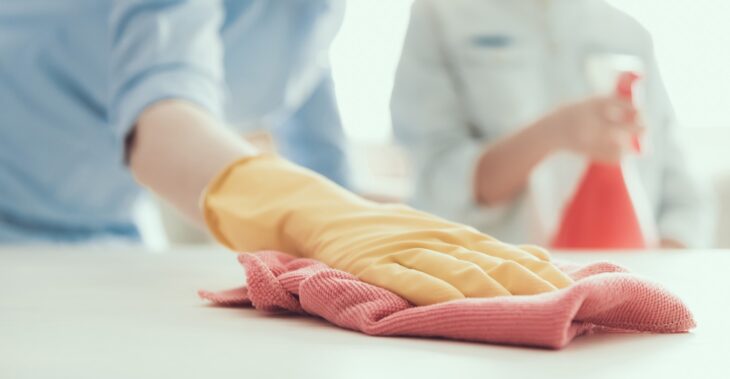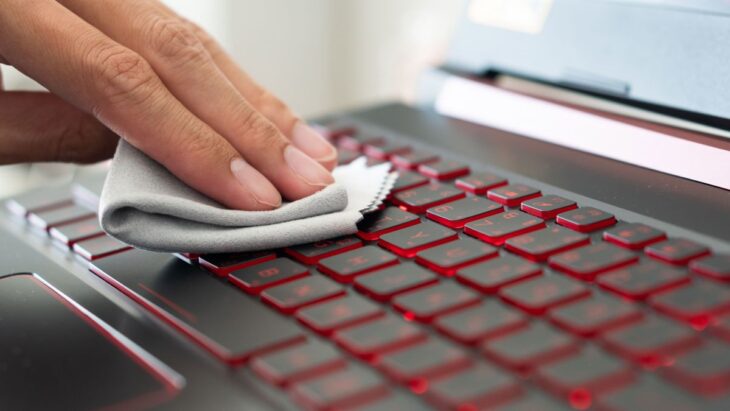In March this year the World Health Organization announced that the world is in a state of the pandemic because of the new coronavirus that is cause for over 320,000 deaths globally. By 21 May, there were over 5 million confirmed cases all over the world and around 1,9 million people who recovered from COVID-19.
The world is trying very hard to get back to the normal state, to the planet we knew before December 2019 when the first coronavirus case was registered. We are expecting that people will be able to go back to work at the end of May or the first days of June. The first thing employers need to do is to clean the company’s facilities and disinfect the surfaces and make a plan how to do that every day, so they can lower the chance of spreading the disease.
Here are a few efficient ways to do that:
1. Follow the cleaning guidance from the WHO and CDC

Source: nbcnews
Since the beginning, the WHO and CDC provided cleaning instructions for offices and workplaces. You need to follow them carefully. You can ask some of the coworkers to help you during this process. Once you cleaned the space before everyone comes back to the office, you need to know that you will need to do the cleaning every day after the workday ends or hire someone to clean and disinfect the whole space. Also, every employee can take care of their computer, desk, and chair. But, never mind what you decide, you need to:
– Use disposable gloves and wear protective masks all the time
– Use a cleaning solution to clean the surfaces in the office, like desks, mouse devices, keyboards and so on
– Use only approved antiseptic disinfectants that are effective against the new coronavirus
– Use paper tissues you will dispose of in a trash bag after you clean
– Never mix cleaning products by yourself
– Use spray disinfectants so they can stay up to 4 minutes on every surface, without wiping them out
– Clean all the tables, chairs, doorknobs, desk phones, and especially toilets and sinks
Whether you share your office or you are separated alone, you need to take care of the workplace. Keep the windows open and keep a distance between you and your coworkers. You all need to have a handy bottle of alcoholic disinfectant. Ask your coworkers to help you create a cleaning strategy for your office or the whole workspace.
Communication is the key and you should encourage your coworkers to stay at home if they feel sick instead of coming at work and putting everyone at risk. This crisis also caused emotional problems with those who needed to spend a lot of time at home. If your company is coming back to work from the office soon, you all need to be aware that everything is changed now and it’s normal for everyone to avoid physical contacts and to rarely go on a break.
If you are not sure that it’s a smart choice to go back to the office, it’s maybe better to coordinate the work from home, so you can be sure every risk of infection is decreased to zero-chances. Sharing offices can make the employees really uncomfortable, no matter how clean and sterile they are.
2. Hire a professional service

Source: pdrneindiana
If you must come back to the office, you and your coworkers need to make a disinfection plan. If you are a boss, you need to be ready to spend more money so you can be sure you don’t put anyone’s health at risk. Services like Cleancorp can perform a deep cleaning of your workplace with scientifically proven ways of deep disinfection that will leave your office space in a hospital-level clean state.
Professional service uses cleaning products that we can’t buy from the nearest store. They also have advanced cleaning machines that can do a chemical and deep cleaning to the office furniture and surfaces. The world is still at high risk of coronavirus, so these cleaning services can be the best solution if you need to go back to work. You can arrange deep cleaning every few days, and in the days between, take care of the office together with your coworkers.
3. What else do you need to do to protect yourself at work?

Source: mercurynews
Every office needs to take protective measures and keep an optimal hygiene level even after the professional service did their job. You can install a few hand sanitizers on a few spots in the facility and always have a few packs of disinfecting wipes. Use hand lotion, because the disinfectants can damage your skin. Clean your desk and keyboard and ask your colleagues to do the same.
Reduce the unnecessary touching of your face, use only your mug, don’t share your fork with anyone else, and keep the windows opened as long as you can.
These are the common things, surfaces, and areas that need to be disinfected regularly:
– Soap dispensers
– Every surface at the toilet, especially if a lot of people share it
– Keyboards, desks, and mousepads
– Phones and headphones, because we are not aware that saliva drops are coming out even when we speak
– All the pens and writing pads
– Chairs
– Mugs, coffee pots, glasses and water canisters (use non-toxic cleaning products)
– Every item at your office that is touched by more than one person

Source: edition
This crisis will teach us to respect our private space and also to be respectful of others’ personal space. All of us will improve hygiene routines because they are the key part of the protection procedure. The coronavirus crisis caused many businesses to suffer great losses, but hopefully, everything will be back to normal during the summer months. Until then, we can hope that the population will create a collective immunity and the scientist will find a vaccine or some proper treatment against this deathly virus. But, it’s still on us to be responsible and to stop the fast spreading of the coronavirus.
